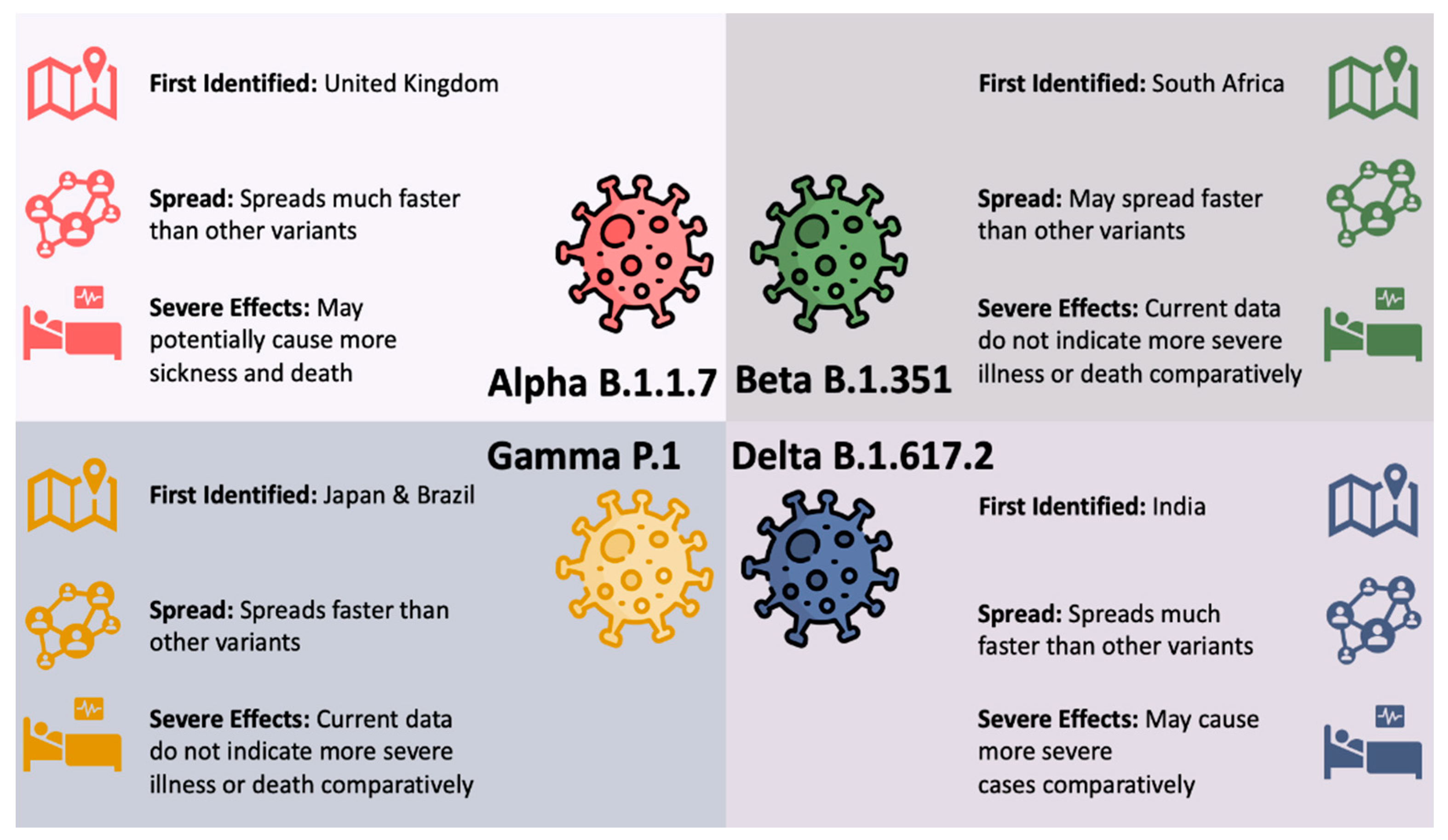Covid Variants and Symptoms

The COVID-19 pandemic has been marked by the emergence of several variants of the SARS-CoV-2 virus. These variants have distinct characteristics, including differences in transmissibility, severity of illness, and response to vaccines. Understanding the different variants and their associated symptoms is crucial for effective disease management and public health measures.
It’s crucial to stay informed about the evolving symptoms of COVID variants, as they can differ from the original strain. For the latest and most accurate information on these variants, I recommend visiting covid variants symptoms. Understanding these symptoms is essential for early detection, effective treatment, and preventing the spread of the virus.
Key COVID-19 Variants
The World Health Organization (WHO) has designated several variants of concern (VOCs) and variants of interest (VOIs) based on their potential impact on public health. Some of the key variants include:
- Alpha (B.1.1.7): First identified in the United Kingdom, the Alpha variant is highly transmissible and associated with increased disease severity.
- Beta (B.1.351): Originating in South Africa, the Beta variant has shown reduced susceptibility to some vaccines and may be more transmissible.
- Gamma (P.1): Identified in Brazil, the Gamma variant has been associated with increased transmissibility and potential resistance to certain treatments.
- Delta (B.1.617.2): First detected in India, the Delta variant is highly transmissible and has been linked to increased hospitalization rates.
- Omicron (B.1.1.529): Emerged in South Africa, the Omicron variant is highly transmissible and has shown potential for immune evasion.
Identifying and Managing Symptoms: Covid Variants Symptoms

COVID-19 symptoms can vary widely from person to person. Some individuals may experience only mild symptoms, while others may develop more severe complications. It’s crucial to be able to identify and manage these symptoms effectively to minimize their impact on your health and well-being.
Recognizing Symptoms
Common COVID-19 symptoms include:
- Fever or chills
- Cough
- Shortness of breath or difficulty breathing
- Fatigue
- Muscle or body aches
- Headache
- New loss of taste or smell
- Sore throat
- Congestion or runny nose
- Nausea or vomiting
- Diarrhea
Severity of Symptoms
The severity of COVID-19 symptoms can range from mild to severe. Mild cases typically involve symptoms that can be managed at home with rest and over-the-counter medications. Moderate cases may require medical attention, such as oxygen therapy or antiviral medications. Severe cases can lead to hospitalization and require intensive care, including mechanical ventilation.
Self-Monitoring and Seeking Medical Attention
It’s important to monitor your symptoms closely and seek medical attention if they worsen or do not improve within a few days. Signs that may indicate the need for medical attention include:
- Difficulty breathing or shortness of breath at rest
- Persistent chest pain or pressure
- Confusion or disorientation
- Bluish lips or face
- Inability to stay awake or arousable
Home Remedies and Over-the-Counter Medications
For mild COVID-19 symptoms, home remedies and over-the-counter medications can help manage discomfort and improve recovery time. Some effective measures include:
- Rest and hydration
- Over-the-counter pain relievers, such as ibuprofen or acetaminophen
- Cough suppressants or expectorants
- Decongestants or nasal sprays
- Warm salt water gargles
- Steam inhalation
It’s important to consult with your healthcare provider before taking any over-the-counter medications, especially if you have any underlying health conditions.
Prevention and Treatment

COVID-19 prevention and treatment strategies are crucial for mitigating the impact of the virus and managing its symptoms effectively.
Vaccination and Booster Shots
Vaccination remains the most effective way to prevent COVID-19 infections and reduce the severity of symptoms. Vaccines work by stimulating the immune system to produce antibodies that recognize and neutralize the virus. Booster shots are recommended to maintain immunity levels and enhance protection against new variants.
Antiviral Treatments and Therapies
Antiviral treatments, such as Paxlovid and Remdesivir, can be prescribed to treat COVID-19 in certain individuals, including those at high risk of severe illness. These medications work by interfering with the virus’s replication process.
Supportive Care, Covid variants symptoms
Supportive care is essential for managing COVID-19 symptoms and promoting recovery. This includes:
- Rest: Adequate rest helps the body recover and reduce symptoms.
- Hydration: Staying hydrated is crucial to prevent dehydration and support overall health.
- Nutrition: A balanced diet provides the nutrients needed for the immune system to function effectively.
- Over-the-counter medications: Medications such as ibuprofen or acetaminophen can help relieve fever, aches, and pains.
The new Covid variants have brought with them a range of symptoms, from the common cold to more severe respiratory issues. As the virus continues to mutate, it’s important to stay informed about the latest symptoms. To capture the beauty of your wedding day, consider hiring a sepia bride photographer.
Their unique style will preserve the memories of your special day in a timeless and elegant way. As the Covid variants evolve, it’s crucial to monitor your symptoms and seek medical attention if necessary.